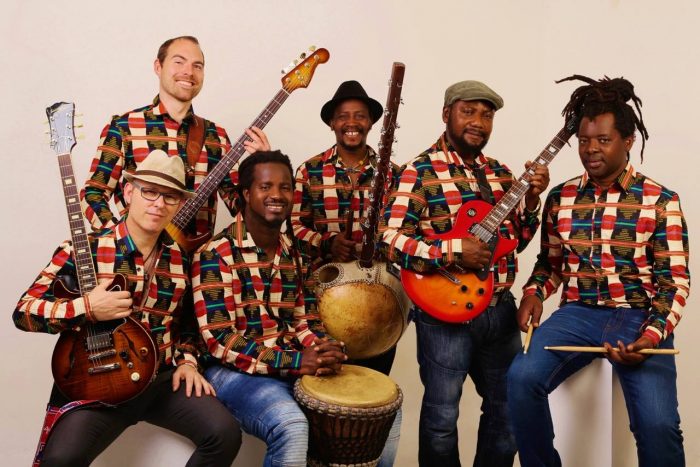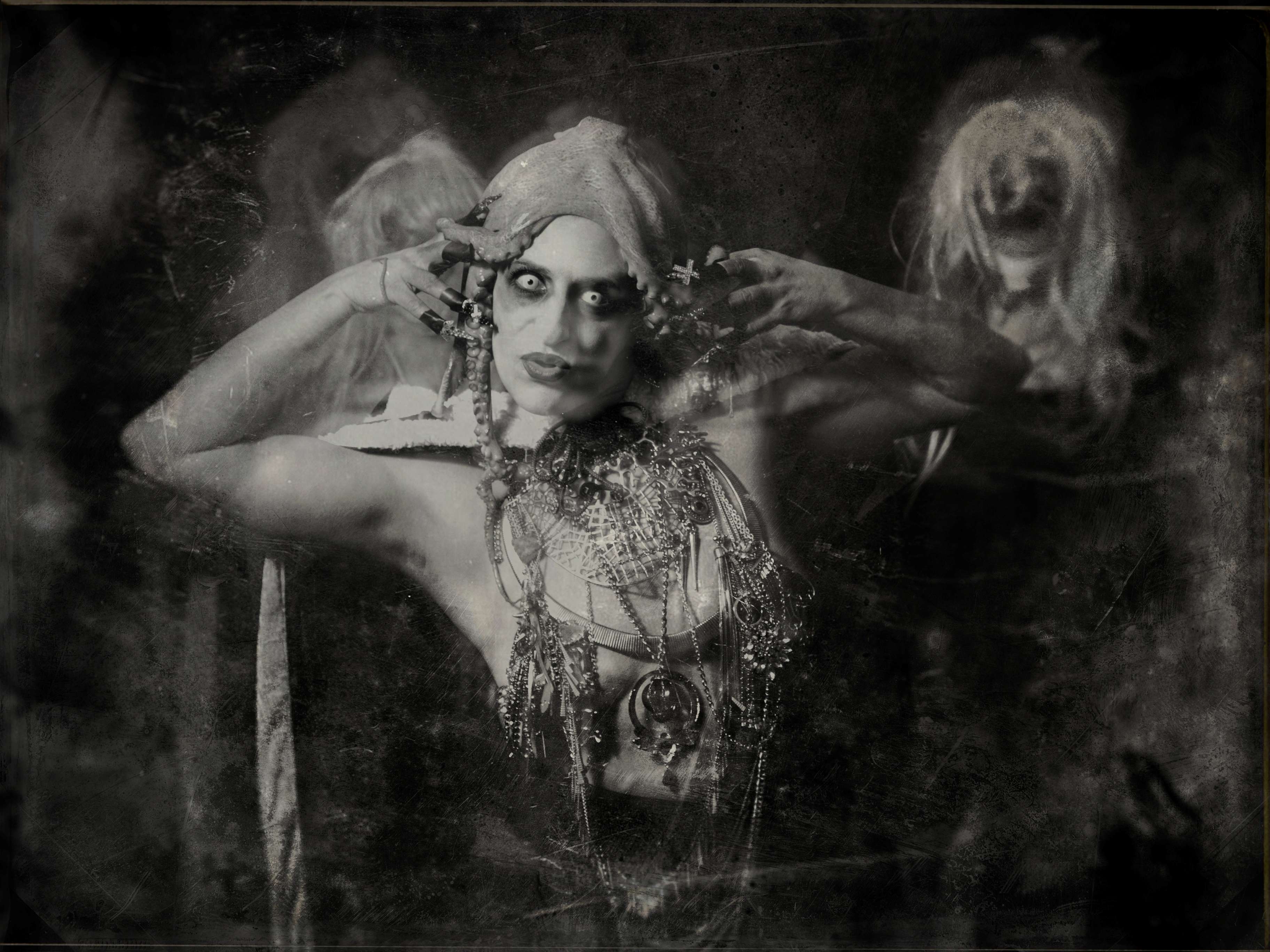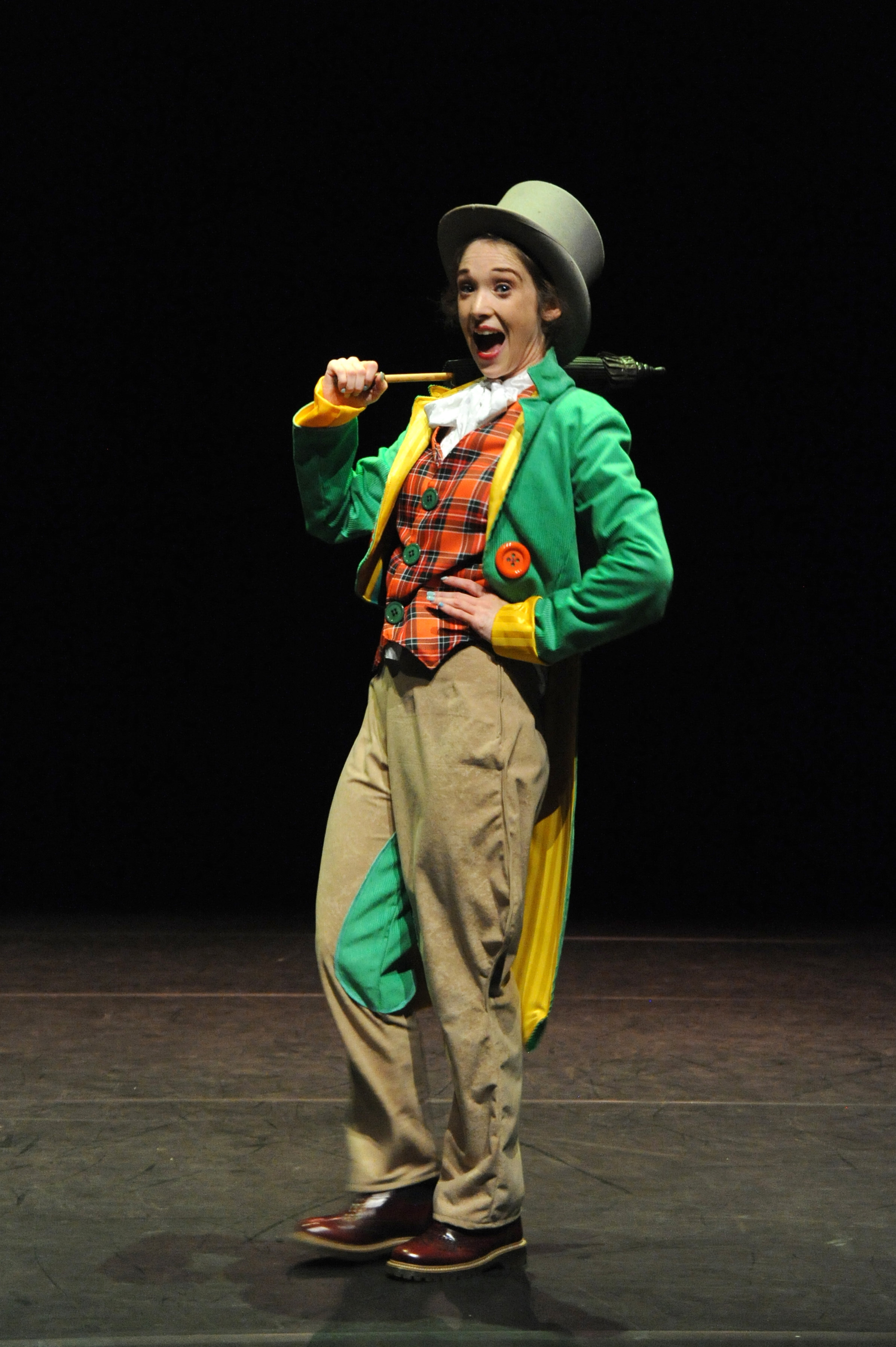The name alone made me want to see the set. A multicultural entity, the band has been affectionately renamed “African Talking Heads” by fans, transposing the Talking Heads classics in an African style. This excited me.
However, before beginning to review the set, I should say, I am a fan of Talking Heads. Though, this by no means makes me unique when watching a Talking Heads tribute, it means I have strong feelings about certain songs. If a specific riff or melody that forms a core part of the song is lost in the Orchestra’s transposition, it would annoy me. For example, the drums and synth riff in Girlfriend is Better was lost in their new version. This riff is key to giving the song the effect it has: it would be similar to covering Stevie Wonder’s Superstition and removing all notions of a bassline. There were elements of this throughout the set.
That said, some transpositions seem to work extremely well, I was impressed with their reinterpretation of Once in a Lifetime. The White/American evangelical preaching song had been transposed to highlight a Black/African church and a different manner of preaching. This contrasts to their stripped back and bluesy version of Psycho Killer. The original stripped back version of this song tenuously worked for David Byrne and sparked much debate within the original band over how the song should sound. So pastiching this version is a curious choice and comes across as a waste of potential for the London Orchestra.
As the set continues, I realise the band is comprised of five amazing musicians. Each extremely intent on showing their individual skill. This becomes apparent during one of Mosi Conde’s expertly executed Kora solos. The guitarist and lead vocalist Julian Burdock chimes in, riffing along and attempting to harmonise with Conde’s Kora. As the harmonies continue, I start to see walls between the band members; the band does not appear to be on the same page. Many of Burdock’s bluesy licks seem out of place when next to the serene plunks of a Kora. This continues when Burdock completes an average lick with an unsettlingly orgastic “guitar face”. This leads to the band appearing to prioritise their own musical prowess over a well thought out sound for themselves, making them sound cacophonous and chaotic at times. Although, organised chaos is an element of the original Talking Heads, the orchestra fails to pull it off with the finesse that makes it work and seem organised. This also detracts from the “introducing the band” segment of the set, which now seems self-indulgent
I’ve seen jazz in the upstairs part of Patterns and it creates an apt atmosphere. However, the Orchestra’s set was happening in the downstairs area, known commonly as the club/dancefloor. After a few songs have passed I see this is not a good space for the gig. The space is sweaty and smells of previous atrocities, to put it nicely. The lighting is intermittant and the speakers are clearly designed for club music. This hinders the set, it means everything lacks a certain ambience.
The band didn’t gel to their full potential and felt out of place with themselves. This was highlighted in Julian Burdock, donning a trilby along with a faux-American accent. He by no means represented the bands African intentions, his soul patch being the western icing on the cake. He changed a few lyrics with questionable effects, in Take Me to the River, the line: “she took my money, my cigarettes” becomes “She took my booze”, with an elongated “oo” to make the metres match. This is sung in an impression of Ryan Adams which makes me feel like I’m chewing on cotton wool. It’s disappointing.
I entered the set wanting to see African renditions of songs I know and love, but the vocals and guitar styles simply didn’t deliver. This furthers the band’s inconsistencies with itself, a Ryan Adams impression mixed with African music is like mixing Baileys with Coke: it doesn’t mix and is a waste of potential.





